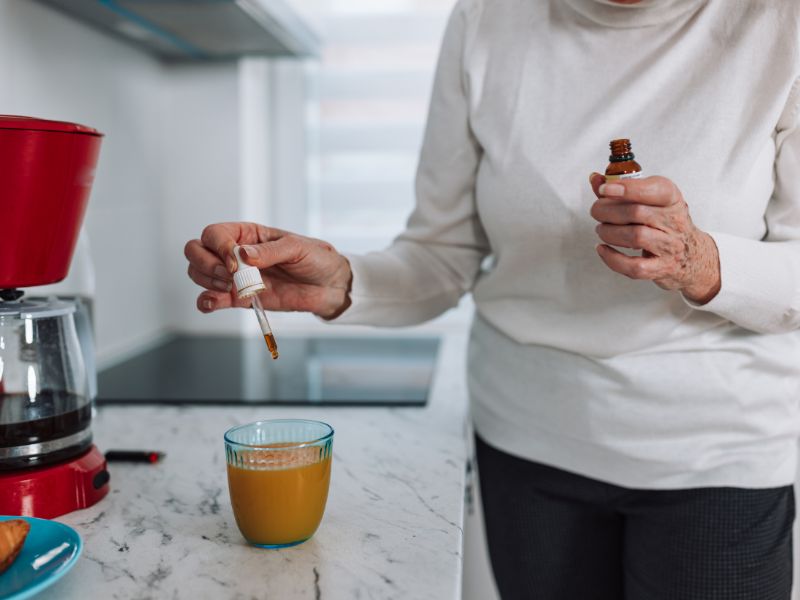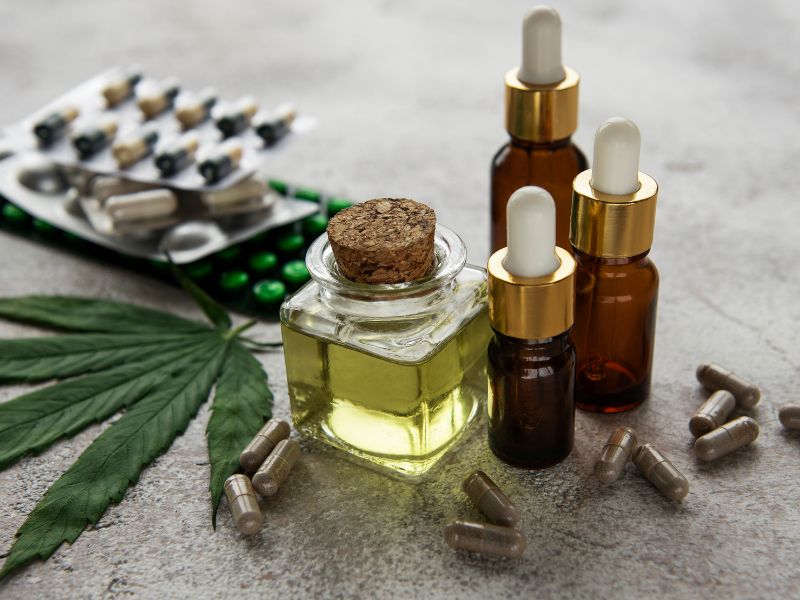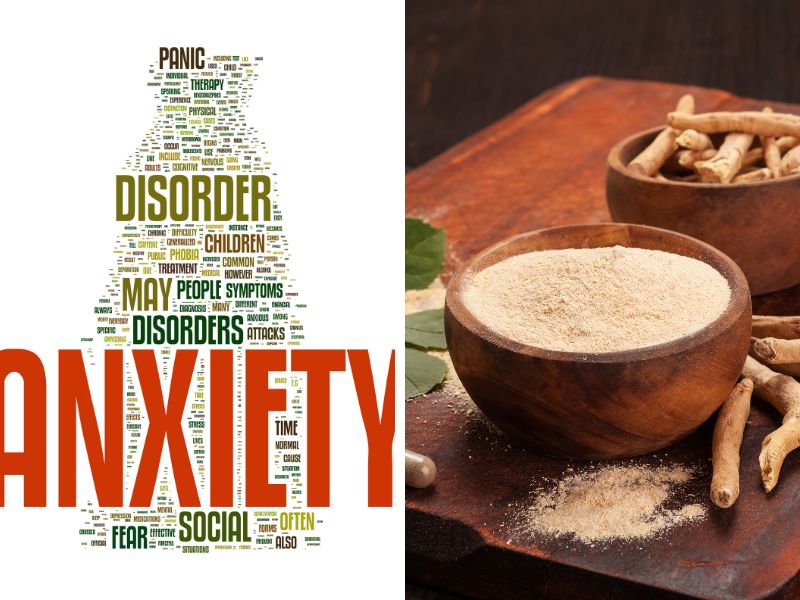Dealing with anxiety can be a challenging and overwhelming experience. While seeking professional help and exploring various therapeutic techniques is essential, some supplements have shown the potential to support mental well-being and manage anxiety symptoms. Before incorporating any new supplement into your routine, it’s vital to consult a healthcare provider to ensure they are safe and appropriate for your individual needs.

Canva. com
Omega-3 Fatty Acids
Found in fatty fish like salmon and in supplement form, omega-3 fatty acids are known for their anti-inflammatory properties. Research suggests that these fatty acids may help reduce anxiety by promoting a healthy balance of neurotransmitters in the brain. Omega-3s also support overall brain health, which can positively impact mood regulation.
L-Theanine
Derived from tea leaves, L-theanine is an amino acid linked to relaxation and stress reduction. It is often found in combination with caffeine, but when taken alone, it can promote a sense of calmness without causing drowsiness. L-theanine may help improve sleep quality and focus, indirectly contributing to anxiety management.
Ashwagandha
Ashwagandha is an adaptogenic herb with a long history of use in traditional Ayurvedic medicine. It is believed to help the body adapt to stress and support overall well-being. Some studies suggest that ashwagandha may help reduce cortisol levels, a hormone associated with stress, and thus potentially alleviate anxiety symptoms.

Canva. com
Magnesium
Magnesium is a mineral that plays a crucial role in various bodily functions, including nerve and muscle. Some research has indicated a connection between magnesium deficiency and increased anxiety. Taking magnesium supplements, particularly magnesium glycinate, may help support relaxation and reduce anxiety symptoms.
B Vitamins
Playing crucial roles in brain health and neurotransmitter production, B vitamins such as B6, B9 (folate), and B12 are important. Insufficient levels of specific B vitamins correlate with an increased susceptibility to anxiety and depression. Although aiming for a balanced diet remains the primary method for obtaining these vitamins, the consideration of supplements arises if deficiencies are detected.
